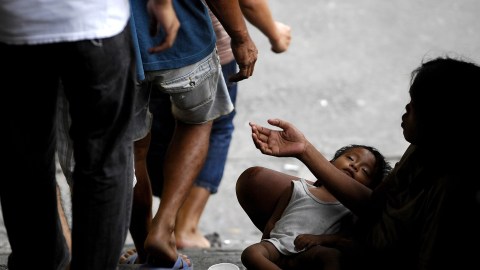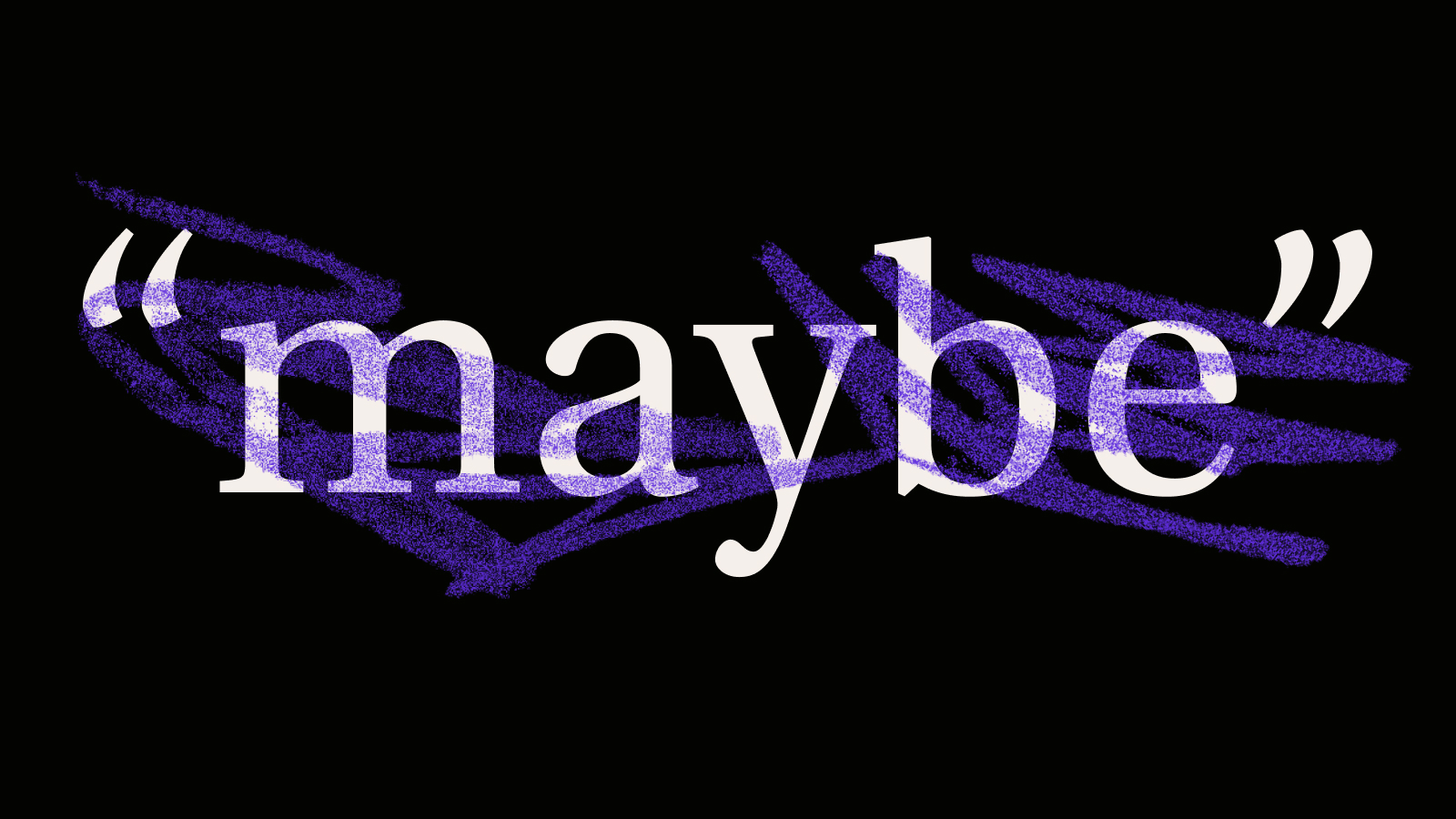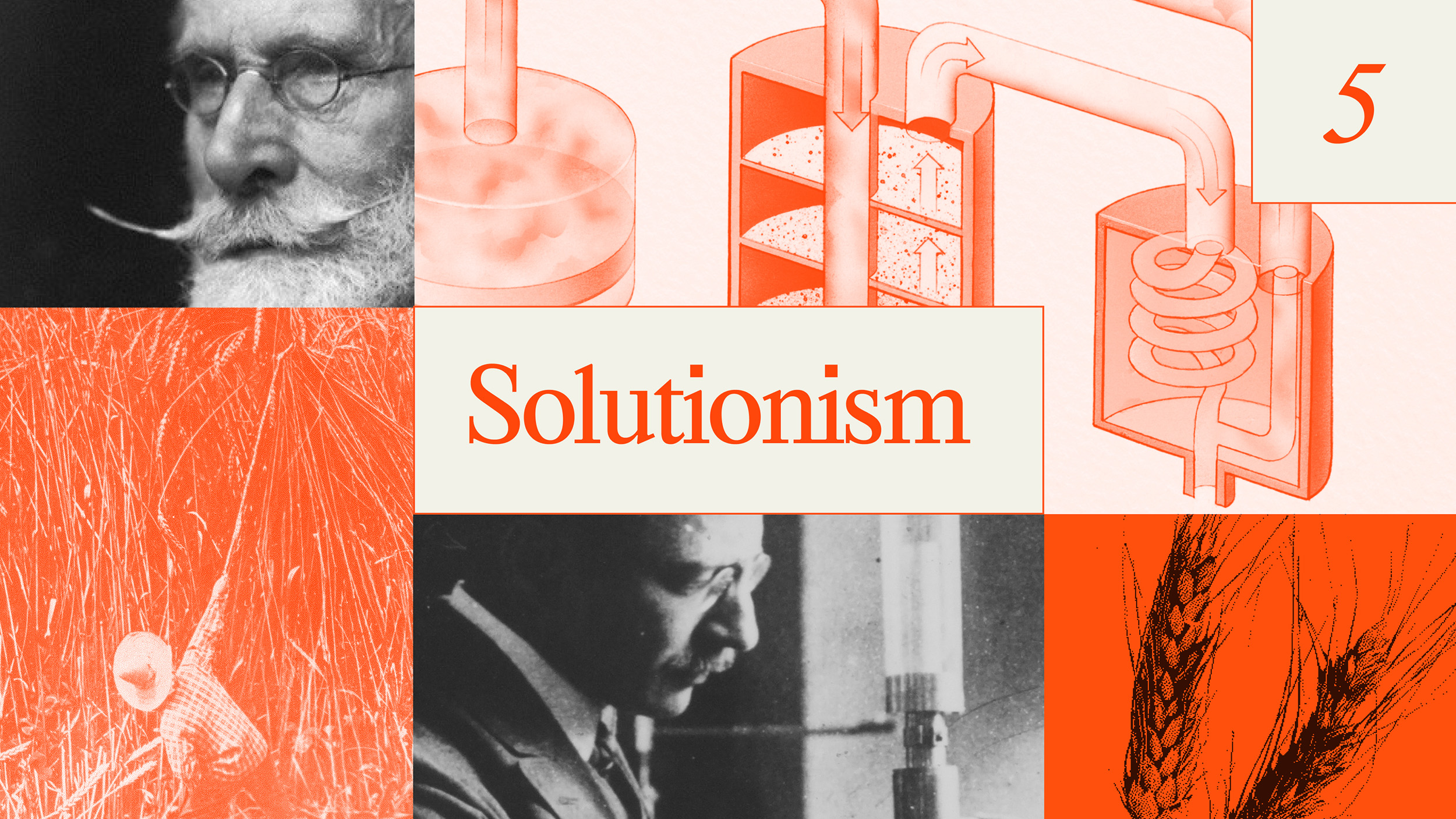Scientific Experiments Can Help End Poverty Sooner

How do you know the aid sent to a country is really helping people out of poverty and toward a better life? The answer is more complex than just giving people an immunization booth to stop diseases or books, or at least that’s what many researchers are finding in their experiments.
Economists have been taking a scientific approach to find out what kinds of methods do the most good and how to implement them in the most cost-effective manner. The researchers gather this data through randomized controlled trials and although it sounds callous to approach the poor like a scientific experiment, allow me to give you an example of how these trials help policymakers understand the social conditions surrounding poverty.

In Kenya, for example, teen girls were dropping out of school because they were getting pregnant. The immediate assumption is that there may be a lack of sexual education. So, a team of researchers took that assumption and conducted an experiment, providing sex-ed programs to one group and school uniforms to the other. The results surprised them: The girls who received the school uniforms had a lower rate of pregnancy — much greater than that of the girls in the sex-ed program. School uniforms made the girls see their education as a worthwhile opportunity.
Jeff Tollefson from Nature has written an excellent article, which discusses the history of this method of gathering data as a way to find out how to effectively introduce change. Researchers like Esther Duflo, an economist at the Massachusetts Institute of Technology (MIT) in Cambridge, have made some interesting discoveries in approaching how we better a society. In her opinion, she said in an interview with Tollefson:
“The best use of international aid money should be to generate evidence and lessons for national governments.”





